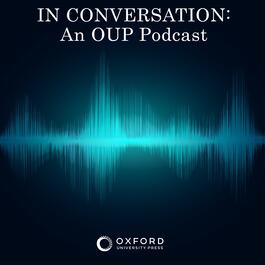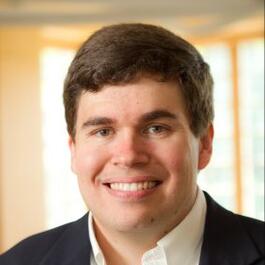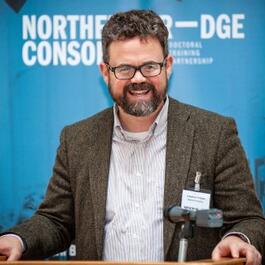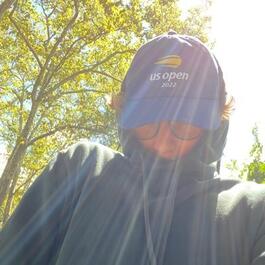
In Conversation: An OUP Podcast
Interviews with Oxford University Press authors about their books
Show episodes
How can we—jazz fans, musicians, writers, and historians—understand the legacy and impact of a musician like Dave Brubeck? It is undeniable that Brubeck leveraged his fame as a jazz musician and status as a composer for social justice causes, and in doing so, held to a belief system that, during the civil rights moveme

Paul J. Gutacker, "The Old Faith in a New Nation: American Protestants and the Christian Past" (Oxford UP, 2023)
Conventional wisdom holds that tradition and history meant little to nineteenth-century American Protestants, who relied on common sense and "the Bible alone." The Old Faith in a New Nation: American Protestants and the Christian Past (Oxford UP, 2023) challenges this portrayal by recovering evangelical engagement with

Ashley Brown, "Serving Herself: The Life and Times of Althea Gibson" (Oxford UP, 2023)
From her start playing paddle tennis on the streets of Harlem as a young teenager to her eleven Grand Slam tennis wins to her professional golf career, Althea Gibson became the most famous black sportswoman of the mid-twentieth century. In her unprecedented athletic career, she was the first African American to win tit

Hans Kundnani, "Eurowhiteness: Culture, Empire and Race in the European Project" (Oxford UP, 2023)
"Today’s 'pro-Europeans' would be horrified at the suggestion that their idea of Europe had anything to do with whiteness. In fact, many would find the attempt to link the two baffling and outrageous," writes Hans Kundnani in Eurowhiteness: Culture, Empire and Race in the European Project (Oxford UP, 2023). Yet, he doe

Baijayanti Roy, "The Nazi Study of India and Indian Anti-Colonialism" (Oxford UP, 2024)
The Nazi Study of India and Indian Anti-Colonialism (2024) is the first detailed and critical study of the intellectual and political connections that existed between some German scholars specializing on India, non-academic ‘India experts,’ Indian anti-colonialists and various organs of the Nazi state published by the
To achieve legitimate self-government in America's extended Republic, the U.S. Constitution depends on Congress harmonizing the country's factions through a process of conflict and accommodation. Why Congress (Oxford University Press, 2023) demonstrates the value of this activity by showing the legislature's distinctiv





